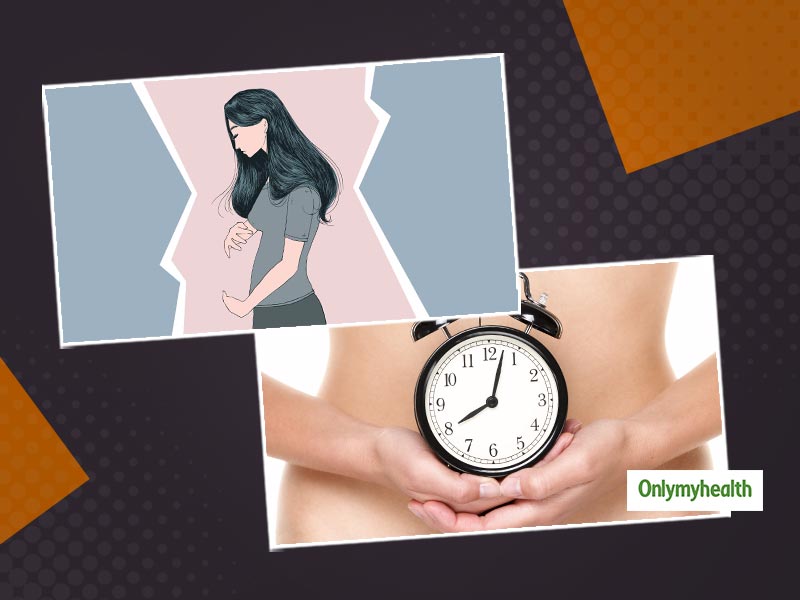
With women rapidly pushing their age to get married to mid-30s and even 40s, the need for infertility treatment and assisted reproductive treatments like IVF is increasing, especially in urban areas. According to fertility experts, this trend is because women have a biological clock and their fertility declines with age. According to WHO, ‘Infertility’ has been defined as a “disease of the reproductive system” and is a time-sensitive issue, which can result in disability if timely measures are not taken. They have further calculated that over 10 – 15 % of women are affected with infertility. The chances of a woman getting pregnant in one monthly cycle at age 20-25 are 25%, which falls to 3% by the time she is 40.
Table of Content:-
A female fetus has nearly 6 million eggs, which are reduced to 1 million by the time the baby is born. By the time she reaches puberty, only about 300,000 remains, of which, about 300-400 will get released during ovulation in her reproductive lifetime. “Aging” eggs are more prone to errors during division, making it more likely to result in abnormal embryos with chromosome defects, thus increasing the chances of miscarriage, having a baby with Down Syndrome or other developmental abnormalities. Since there is nothing that can prevent this depletion of egg reserve, many women opt for assisted reproductive therapies such as IVF and freeze their eggs or embryos at a younger age so that they can have a biological child at a time they deem suitable.
A fixed number of eggs start to develop every month out of which one gets releases; the rest degenerate while they are lying dormant in the ovaries. This is an entirely natural occurrence, independent of any hormone production, birth control pills, pregnancies, nutritional supplements, or even health or lifestyle. The biological clock is ticking for men too as a body of research suggests that sperm count diminishes with age; however, the effect of this decline is not so severe and the social pressure of having a baby.
Also Read: 5 Tips To Deal With Weakness In The Body After Miscarriage
Let’s bust some myths surrounding biological clocks and infertility
- Periods means you’re fertile: Having periods is not an indication that you are ovulating and are productive. It merely means you are menstruating. As the name suggests, Ovulation is the release of the egg from the ovaries. After ovulation, the egg becomes available to be fertilized by sperm. Both the processes are a part of a woman’s 28-day menstrual cycle with ovulation taking the place of the 14th day and the period occurring a few days later if the egg is not fertilized.
- Age is not a dominant factor: Success of any infertility treatment depends on the number and quality of eggs. Age of the woman is the most critical factor controlling this.
Also Read: Is It Safe To Take Magnesium When Pregnant?
- IVF can resolve any issue: Everything cannot be resolved by treatment. Specific problems can be pre-empted for example, by having your eggs or embryos frozen, but otherwise conceiving a child after 40 will require guidance by an expert health care professional such as a fertility specialist.
- Oral contraception reduces fertility: There is no medical evidence to suggest that oral contraception reduces fertility and forces your biological clock into panic-mode. However, one should consult a gynaecologist before popping those pills.
Those who wish to go for IVF, experts say that one should not delay their treatment. Dr Manish Banker, Medical Director, Nova IVF Fertility, suggests that "infertility treatment, especially IVF, is, for some women time-sensitive. Example, for older women, women with poor ovarian reserve, men/women needing fertility preservation due to malignancies and other conditions. A delayed decision of IVF or any other ART treatments may lower their chances of success in addition to aggravating feelings of depression, anxiety, isolation, and loss of control. Assisted Reproductive Technology has aided many couples around the world to conceive and fulfil their dreams of parenthood."
Read more articles on Women's Health
How we keep this article up to date:
We work with experts and keep a close eye on the latest in health and wellness. Whenever there is a new research or helpful information, we update our articles with accurate and useful advice.
Current Version